Thomas Hart Benton Lithographs For Sale – While the sale of a business can provide a valuable opportunity for both parties involved, it also carries risks. Whether it’s an item, a service, or even a person, the act of being “for sale” represents a moment of transition, a shift from one stage of life to another. Legal experts are often involved at this stage to ensure that the transaction is conducted in compliance with all relevant laws and regulations. This has opened up new possibilities for people to find exactly what they’re looking for, whether it’s a specific brand of furniture or a limited edition item that was once sold out. Whether buying vintage clothing, upcycled furniture, or pre-owned electronics, the growing popularity of second-hand shopping reflects a broader desire for more sustainable, creative, and conscious ways of living. When a person creates something, they are offering a piece of themselves to the world, not for sale, but as a gift. This leads to the accumulation of waste that ends up in landfills, contributing to pollution and the depletion of valuable resources. Some goods, like a fine Swiss watch, carry decades or even centuries of tradition, built on a reputation of precision and excellence. For those who are passionate about antiques, art, and memorabilia, the second-hand market offers endless possibilities for finding unique and valuable items that can be passed down through generations or added to a collection. For the seller, there is the risk that they may not be able to find a buyer who is willing to pay the desired price, or that the sale may not go through as planned. Many online platforms also allow buyers and sellers to leave feedback and reviews, helping to build trust and credibility in the transaction. The business-for-sale market continues to evolve, influenced by economic trends, technological advancements, and shifts in consumer behavior, but one thing remains clear: buying and selling businesses will always be a fundamental part of the global economy. In the end, the real challenge is to navigate this world — to understand the forces of commerce that shape our lives, while holding onto those things that remain beyond the reach of money. Workers are often paid meager wages for their labor, while corporations amass wealth. When we begin to view everything through the lens of commerce, it’s easy to lose sight of the things that make life worth living — the moments that aren’t for sale, the experiences that can’t be bought. There’s a certain art to selling something. Everything for sale. When you look at something marked as “for sale,” you’re not only seeing an item; you’re seeing the possibility of a change, whether it’s the beginning of a new ownership, the end of a relationship with an object, or simply the result of a decision to move forward. We live in a society where people constantly trade their time for money, their expertise for compensation, their dreams for tangible rewards. It forces us to ask difficult questions about ownership, worth, and the limits of human desire.
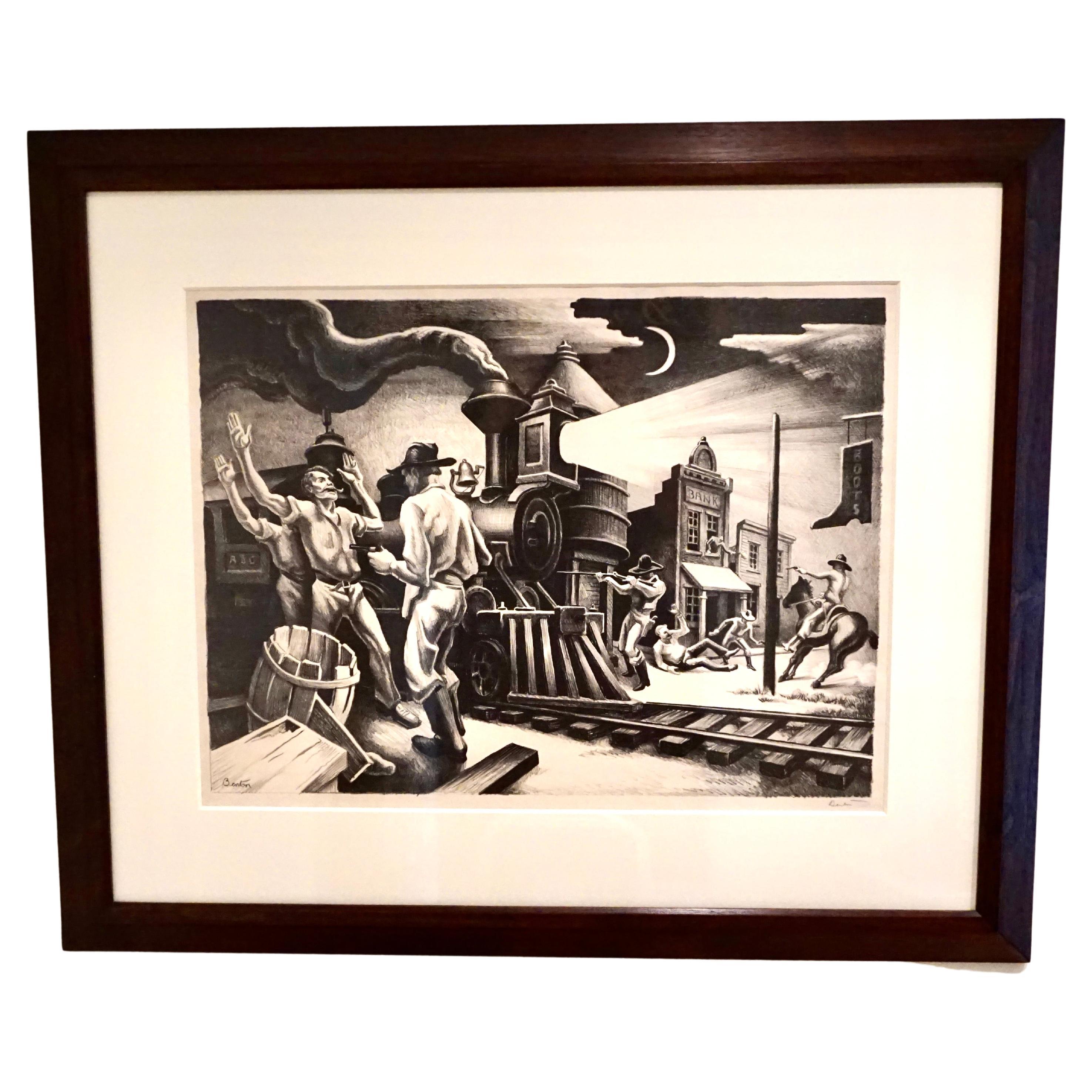
Lithograph "Island Hay" by Thomas Hart Benton, Martha's Vineyard at
Sign up onlinesign up for newsletterbuy onlineinsurance included
Thomas Hart Benton Original Lithograph, 1934 Ploughing it Under For
Sign up onlinesign up for newsletterbuy onlineinsurance included
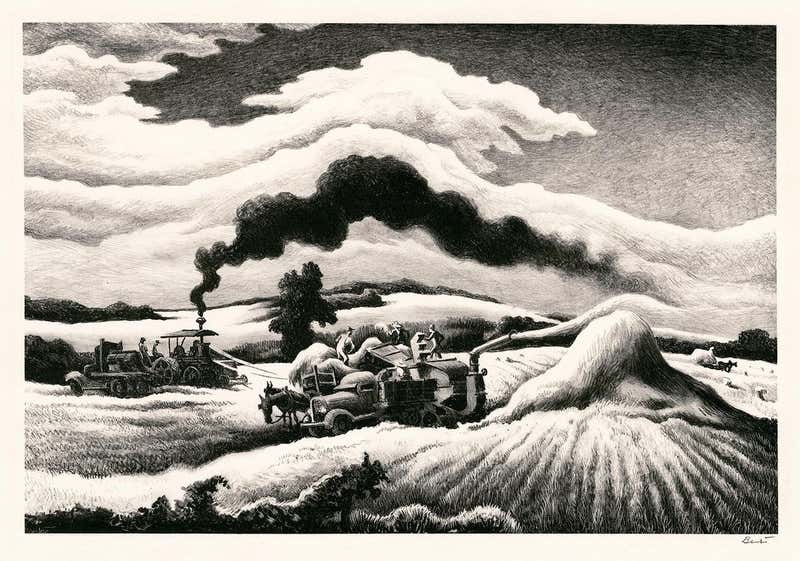
Thomas Hart Benton Art 9 For Sale at 1stDibs
Sign up onlinesign up for newsletterbuy onlineinsurance included
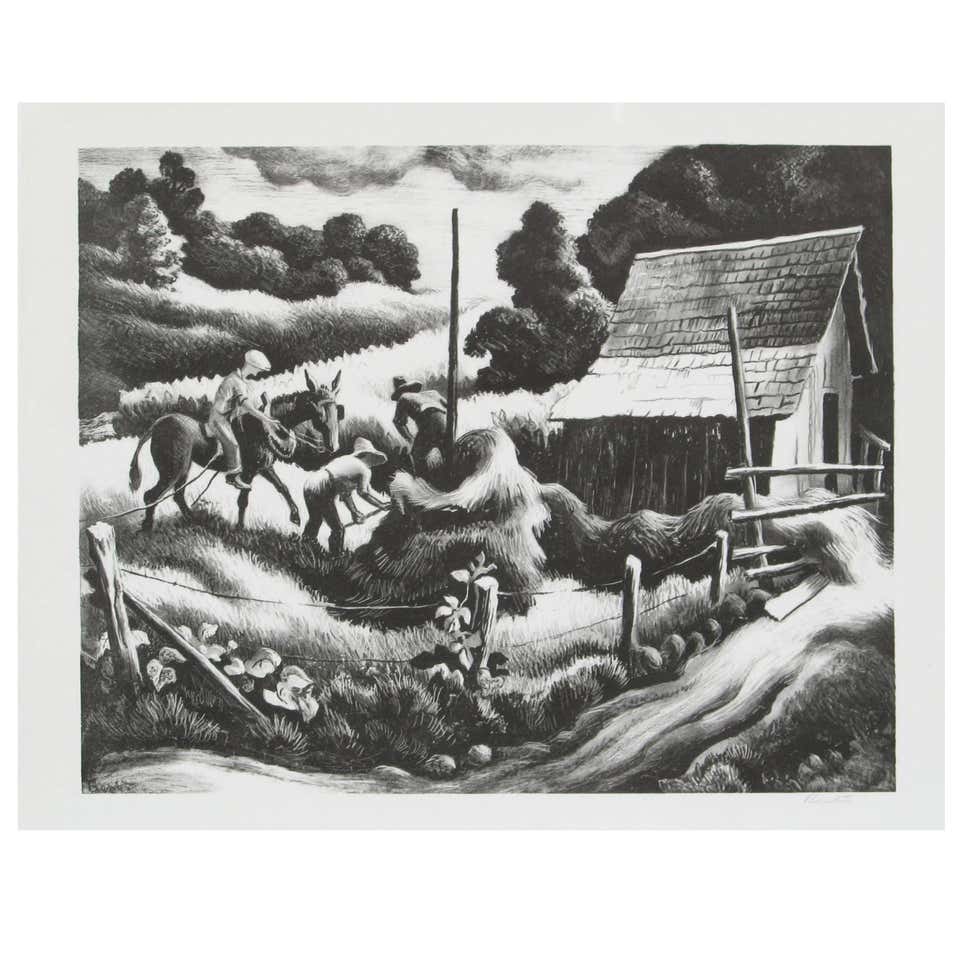
Thomas Hart Benton Lithographs 10 For Sale on 1stDibs
Sign up onlinesign up for newsletterbuy onlineinsurance included
Thomas Hart Benton Original Lithograph, 1939 "Cradling Wheat" For
Sign up onlinesign up for newsletterbuy onlineinsurance included
Thomas Hart Benton Original Stone Lithograph, 1939, Shallow Creek For
Sign up onlinesign up for newsletterbuy onlineinsurance included
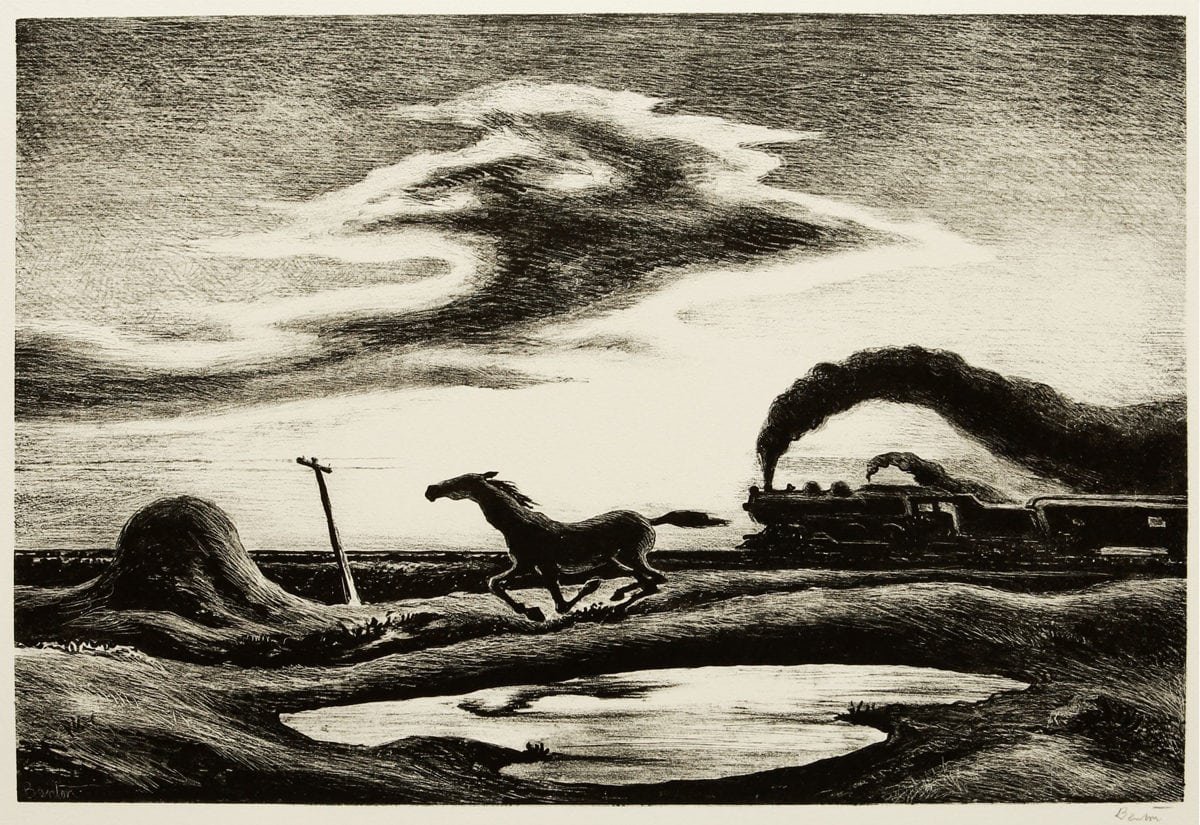
BENTON, Thomas Hart, "The Race" An original Signed Lithograph for sale
Sign up onlinesign up for newsletterbuy onlineinsurance included
Thomas Hart Benton Original Lithograph, 1937, "Drink of Water" at 1stDibs
Sign up onlinesign up for newsletterbuy onlineinsurance included
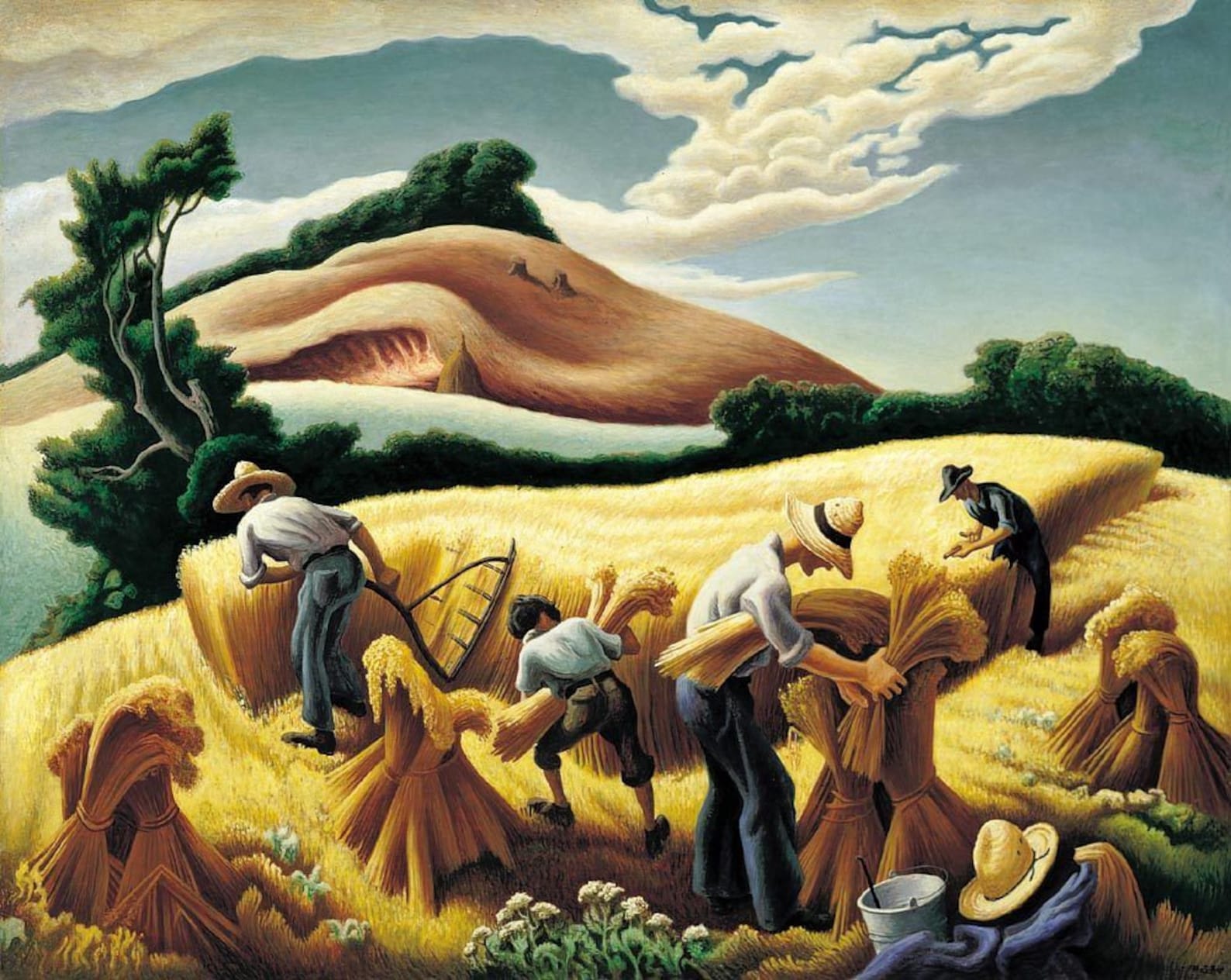
Thomas Hart Benton American painter lithograph print Etsy
Sign up onlinesign up for newsletterbuy onlineinsurance included
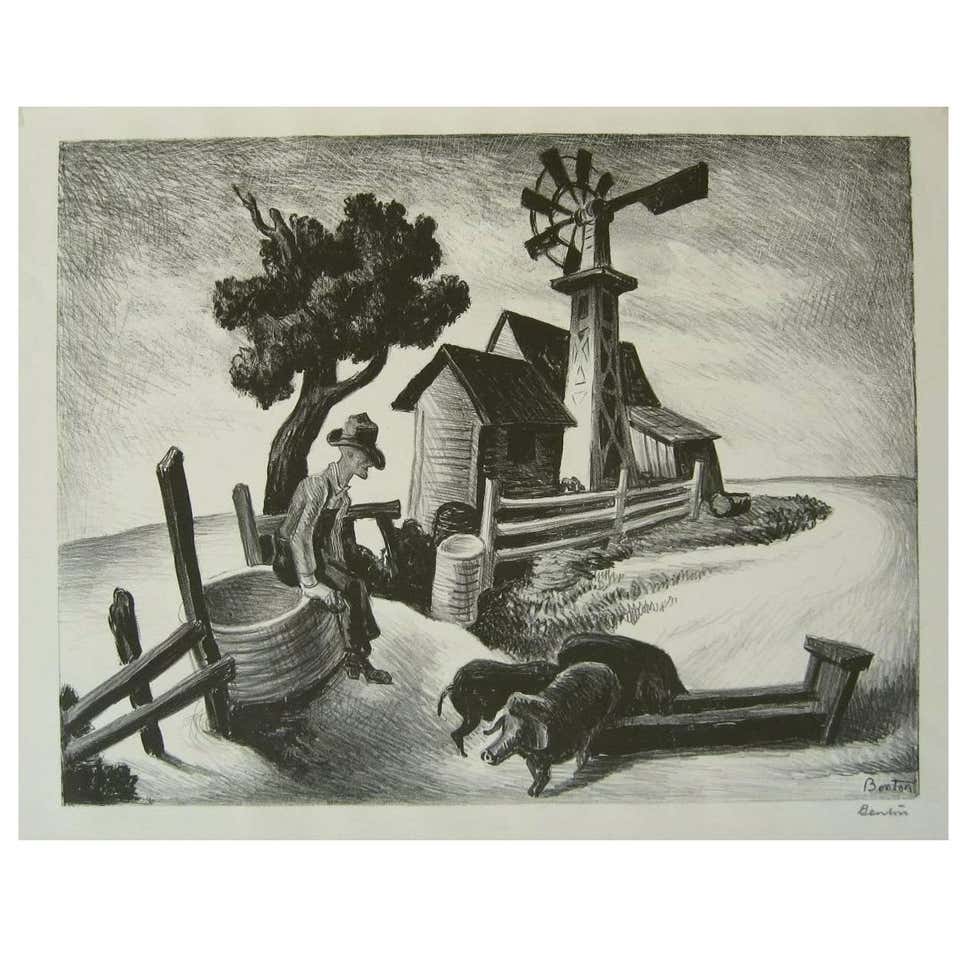
Thomas Hart Benton Lithographs 14 For Sale on 1stDibs
Sign up onlinesign up for newsletterbuy onlineinsurance included
Those who are born into privilege have the means to buy their way to the top, while others are left behind, forced to sell their time, energy, and even their dignity in order to survive. In this sense, online second-hand markets have not only made pre-owned goods more accessible but have also made them more desirable, offering an alternative to the mass-produced, one-size-fits-all nature of new products. The idea of “buying quality” is not just a luxury; it’s a mindset that encourages consumers to think beyond the momentary gratification of cheap purchases and focus instead on long-term value and satisfaction. The role of business brokers and intermediaries has become increasingly important in today’s business-for-sale market. It’s a phrase that, at first glance, may seem simple and straightforward. Whether it’s a vintage armchair, a gently used dining table, or a piece of mid-century modern furniture, second-hand furniture can be both functional and stylish. This sense of connection can also extend to the broader culture of quality goods, where consumers and creators share a commitment to excellence and a desire to preserve the craft and tradition behind these products. A blacksmith might craft a sword, a tailor might stitch a suit, and a potter might mold a vase. There are those who argue that not everything should be for sale. Quality goods transcend trends and fleeting fads. The object becomes more than just an object – it transforms into a transaction, an exchange of value. Additionally, second-hand furniture allows buyers to find unique items that may not be available in traditional furniture stores. The materials, labor, and expertise that go into crafting these items naturally make them more expensive. Additionally, trends in sustainability and eco-conscious living have contributed to the growth of the second-hand market, as consumers become more aware of the environmental impact of their purchasing decisions. Online marketplaces have opened up opportunities for people to buy and sell goods from the comfort of their own homes. Buying second-hand goods has numerous advantages. The idea of “everything for sale” challenges our understanding of what is sacred, what is essential, and what is truly priceless. In some cases, selling second-hand items can be a way to make a significant profit, especially if the items are rare, vintage, or in high demand. It carries the marks of life’s moments: the road trips, the adventures, the daily commutes, the memories of friends and family. Vintage items, antiques, and pre-loved goods often carry stories and histories that new products simply cannot replicate.
For the buyer, there is the risk of inheriting a business with hidden problems or liabilities that were not disclosed during the due diligence process. For the seller, there is the risk that they may not be able to find a buyer who is willing to pay the desired price, or that the sale may not go through as planned. They become part of the story of the buyer and the creator, connecting people to a tradition of excellence, heritage, and care. On the other hand, traditional industries such as brick-and-mortar retail or manufacturing may face challenges, with many businesses in these sectors looking to sell or transition due to changing market conditions. When someone talks about purchasing quality goods, they are likely thinking of items that have been designed to last, to provide a superior experience, and to offer a sense of value far beyond the initial cost. Art, music, literature — these expressions of human creativity and emotion are not always bound by the rules of commerce. For example, an old wooden chair might be sanded down and refinished into a modern piece of furniture, or a vintage dress might be altered to fit a contemporary style. The internet, for example, has created a space where anyone can buy or sell almost anything, from physical products to intangible services. The longer something is used, the less likely it is to contribute to the growing problem of waste. Our emotional lives, our personal narratives, and even our deepest fears have been monetized. The car represents possibility, and when it changes hands, it takes on new significance, a new role in a different life. The act of selling a home is a deeply emotional process, and when it’s completed, there’s a sense of closure and anticipation for what comes next. Similarly, gently used clothing from high-end brands can be found for a fraction of their original retail price. Many people find that buying second-hand furniture allows them to acquire high-quality pieces that are built to last, often with a level of craftsmanship that is hard to find in mass-produced furniture. For the buyer, purchasing a home is a dream realized, a step toward security and stability. The marketplace, for all its flaws, has brought about great innovations. It’s a world where even personal growth, self-actualization, and emotional healing are framed as commodities, available for purchase at any time, but only if you’re willing to pay the price. Unlike starting a business from scratch, which requires time to build a reputation and establish market credibility, buying an existing business means stepping into an environment where some of the groundwork has already been done. The due diligence process helps the buyer understand the risks involved, the company’s market potential, and any legal or operational hurdles that may exist. The sale and purchase of second-hand goods play a pivotal role in this transition, demonstrating how individuals can make a meaningful impact through everyday choices.